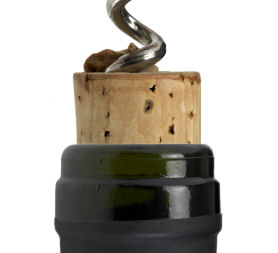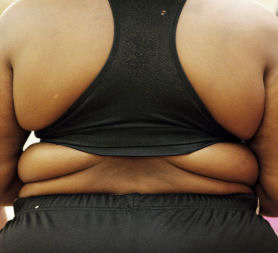Breast cancer: why are the numbers rising?
Breast cancer cases in the UK are rising but survival rates are improving. Channel 4 News asks one scientist to explain why the numbers are changing.

Dr Emma Pennery is Breast Cancer Care’s clinical director.
Am I more at risk of developing breast cancer now than I was 10 years ago?
The number of women getting breast cancer has risen by 3.5 per cent in the last 10 years (and incidence is also rising in men), so it is true to say that the risk of developing breast cancer (in men as well as women) is greater than it was 10 years ago
Why has there been a rise in figures?
Several factors play a part in the increased numbers of people getting breast cancer. People living longer is one of the reasons, especially as more than 80 per cent of cases are diagnosed in women over 50 years of age.
Lifestyle also plays a part. Greater consumption of alcohol, being overweight and taking less exercise are all more common nowadays and these factors, along with eating more saturated fat, can all contribute to raising our risk.
Read more: breast cancer risk rises to one in eight women
Why do alcohol and obesity affect breast cancer risk?
The exact effects of alcohol are not fully understood, but it can increase levels of oestrogen circulating in the body, which may stimulate some breast cancer cells to grow. It may also cause genetic damage to cells.
Overweight and obese people have raised levels of various proteins and hormones that play a part in the growth and spread of breast cancer cells. In addition, after the menopause, the body still produces some oestrogen, mainly in fat tissue and oestrogen drives some breast cancers to grow.

Why does the age you have children affect breast cancer risk?
Women who have their first pregnancy at an earlier age have a lower risk of developing breast cancer than women who have their families at an older age. Women who never have children are at a higher risk than those who have them later in life.
It isn’t fully understood why pregnancy affects breast cancer risk, but it is likely to be linked to changes that pregnancy causes to the cells in our breasts and to the levels of hormones circulating in the body.
If I develop breast cancer am I more likely to survive?
Yes, almost two thirds of women with breast cancer now survive more than twenty years, compared to less than half in the 1990s.
Why are survival rates improving?
Again, there are several contributing factors. Improvements in our understanding of cancer and how it behaves at a cellular level have meant the development of new therapies to treat it.
Clinical trials have led to a greater understanding of which treatments are most beneficial for different types of breast cancer, enabling treatment to be far more tailored and efficient.
In addition, cancer services have been re-organised, there is a national breast screening programme and there are national guidelines which dictate minimum standards of care.
If I have a family history of breast cancer can I get a mammogram at any age?
Only a very small number of people are diagnosed with breast cancer (less than 10 per cent) as a result of inheriting a faulty gene. Lots of people have relatives who have had breast cancer because it is so common, but usually their risk is the same or very similar to someone who does not have a family history.
If your family history is significant, you may be offered regular mammograms starting sooner than those offered by the NHS Breast Screening Programme but the type and frequency of screening you’ll be offered will depend on your age and your risk.
Breast screening recommendations are based on national guidelines produced by the National Institute for Health and Clinical Excellence (NICE).
Breast Cancer Care’s freephone helpline is 0808 800 6000.
-
Latest news
-
Local Elections Debate: voters question five main parties41m

-
Local Elections: Conservatives face 400 seat loss exclusive analysis reveals4m

-
Post Office Inquiry: ‘no cover-up’ insists former executive2m

-
Scotland politics: SNP leader future in doubt after opposition move3m

-
Military horses rampage through streets of London2m

-




